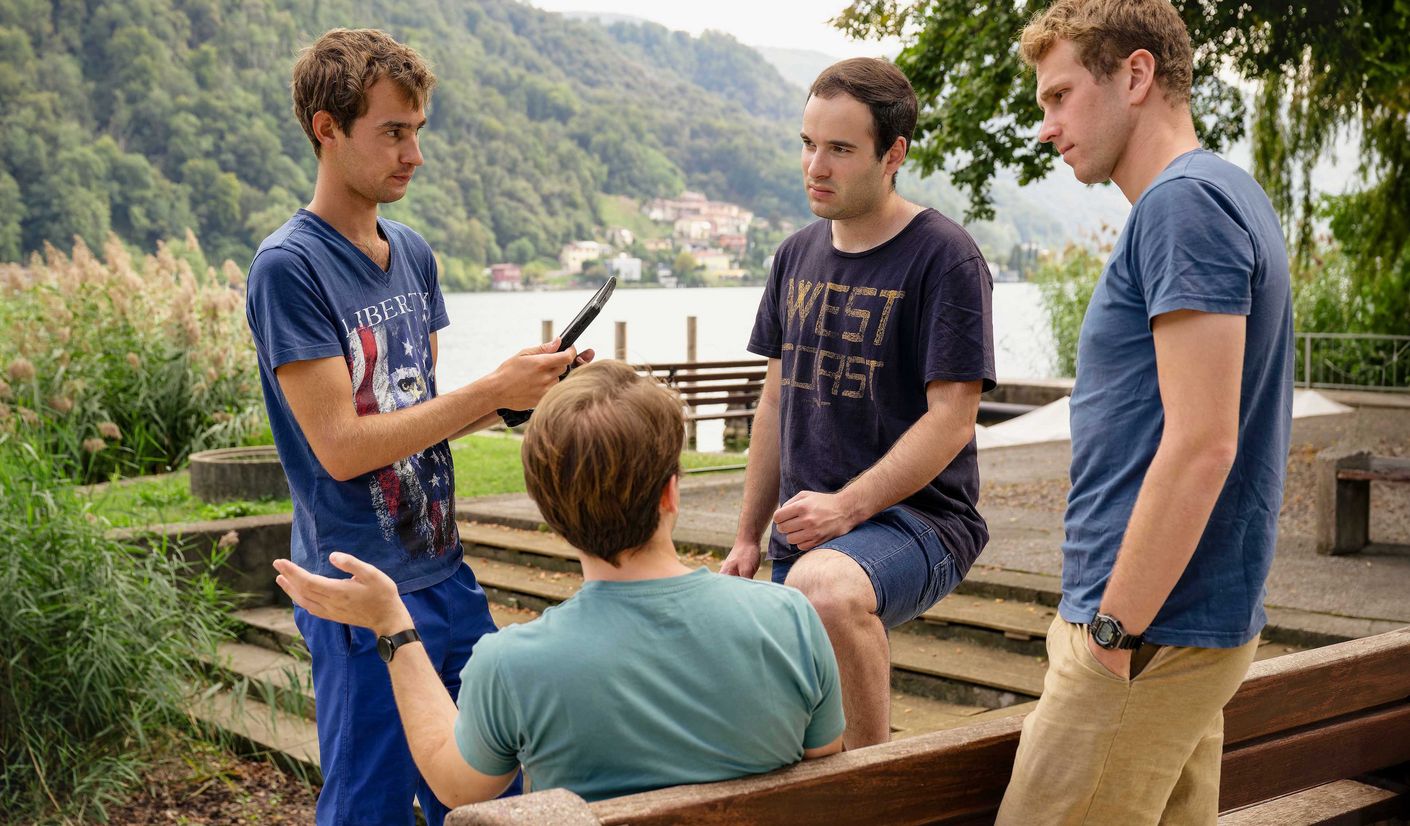
Fresh ideas for climate action
In our quest to create a more sustainable future, science-based solutions aren’t enough: we also need politically and socially viable pathways. At a summer academy in the canton of Ticino, talented students were invited to learn more about climate research and to seek effective solutions for combating global warming.
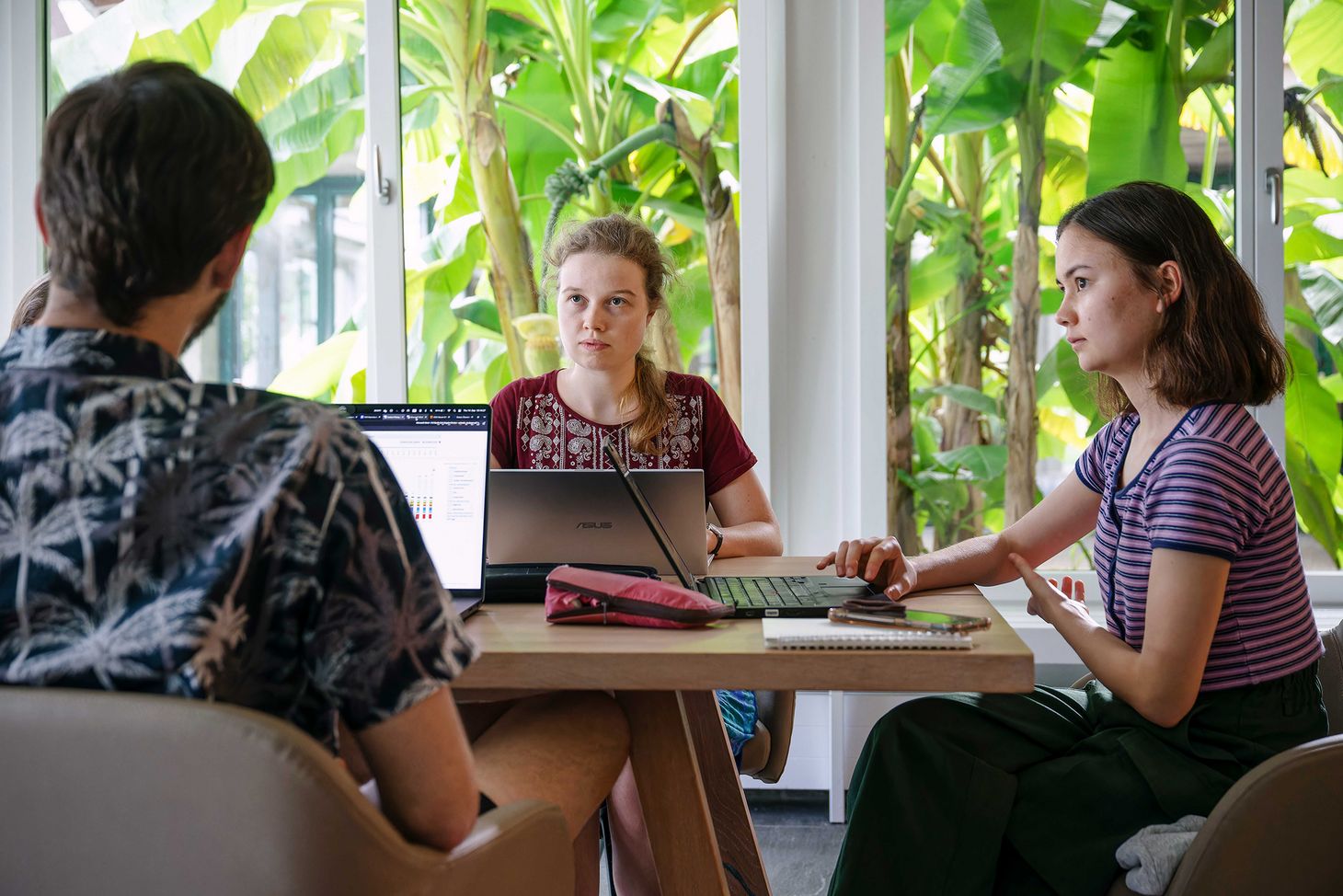
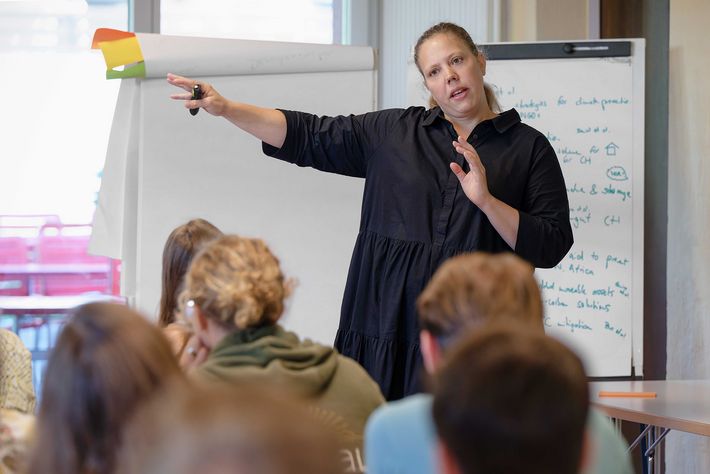
Although seated at a table just a few dozen steps from the shimmering blue waters of Lake Lugano, the group of five young men and women are blind to the wonders of nature. They’re engaged in an earnest discussion—and the clock is ticking. By evening, they need to have drawn up a plan to save the world.
Admittedly, it’s not quite as dramatic as it sounds. The students are working on an assignment they received as participants in the “Climate Change: From Science to Solutions” summer academy, a week-long course in September organised by the Swiss Study Foundation, with funding from the Werner Siemens Foundation. The group’s task is to come up with a concept for a global carbon tax. No mean feat, as the current system for levying CO2 tariffs resembles a patchwork quilt: not all countries impose a carbon tax and the methods they use vary considerably.
How to go about introducing a global tax? And how to find a structure that works, is fair, and contains no loopholes? These are the questions posed to the five students from Switzerland and Austria—three women and two men, all from very different academic disciplines. What they have in common, however, is that each is an outstanding student selected by their country’s study foundation—an advancement that allows them to attend continuing education courses like the summer academies in Magliaso, in Switzerland’s southern-
most canton.
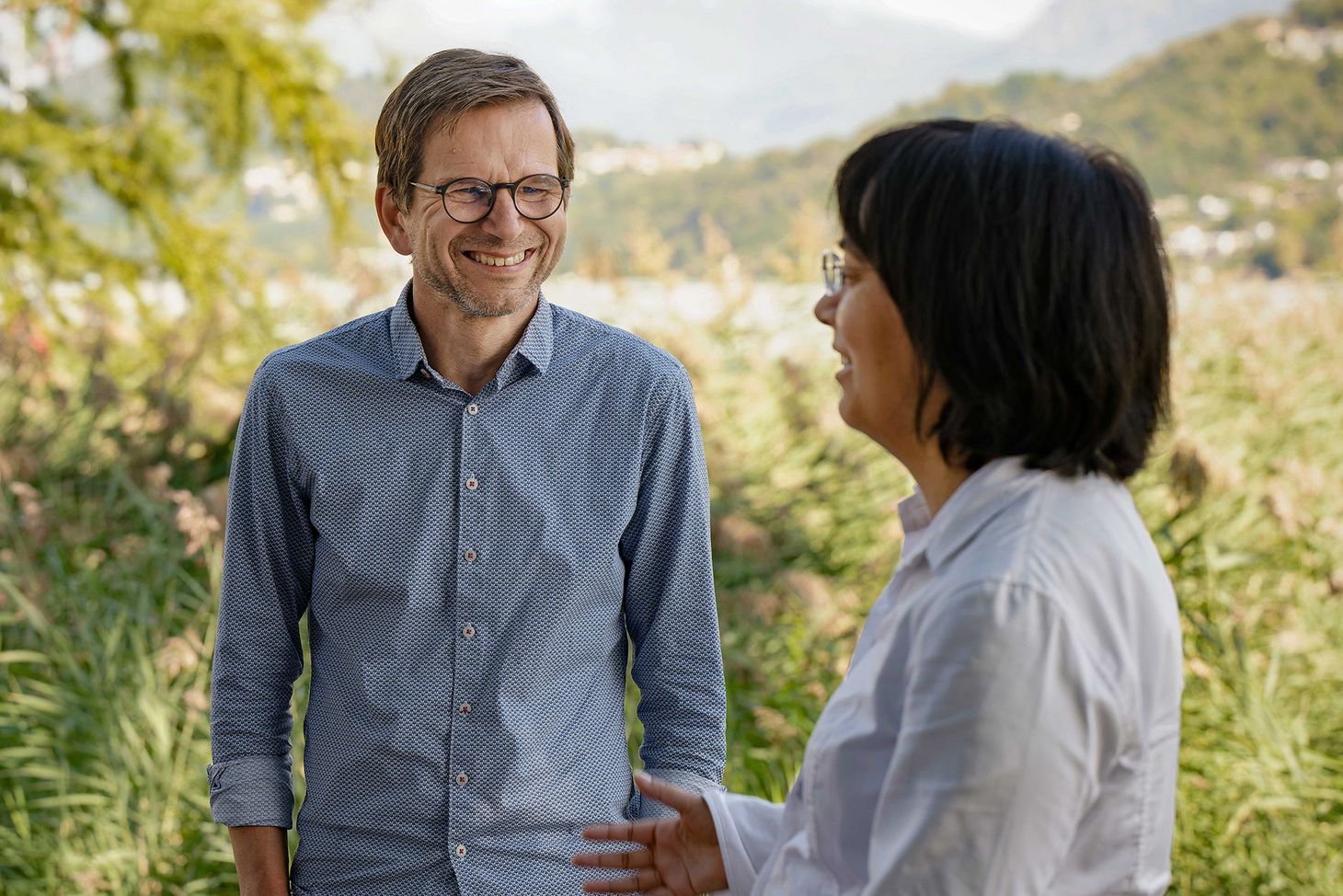
Finding solutions is only half the battle
The Swiss Study Foundation summer academies are designed with variety in mind, but the core feature is always that participants are encouraged to develop their own creative projects or concepts. They also receive the opportunity to broaden their horizons by sparring with renowned researchers and attending lectures held by leading specialists. For example, this morning at the Climate Change summer academy, Gabriela Blatter, negotiator and expert on environmental financing at the Federal Office for the Environment, introduced the students to the world of environmental diplomacy. Drawing on her experiences in international climate negotiations, she talked about how alliances are forged, which strategies negotiating partners follow to work towards their goals, and how, after late-night discussions, last-minute agreements are reached—or not. “Climate politics revolve around interest groups,” Blatter says.
These special interests are one reason why it’s so difficult to get a handle on what is arguably the greatest threat to the environment and the human race of our time. “The science of climate change is actually simple,” says Sonia Seneviratne, professor of land-climate dynamics at ETH Zurich, board member of the Intergovernmental Panel on Climate Change (IPCC) and co-leader of the summer academy. “The more fossil fuels we consume, the greater the warming. The solutions are there, we just have to adopt them: replacing oil heating with heat pumps and using wind and solar energy.” But knowing the solutions isn’t enough, adds summer academy co-leader Rolf Wüstenhagen, professor of management of renewable energies at the University of St. Gallen (HSG). “We mustn’t underestimate the importance of emotional factors and rote behaviours. Only by taking these aspects into account can we motivate others to act.”
These “soft” factors are what guided the two leaders when putting the week’s programme together. “One part is devoted to questions of natural sciences, the other to finding solutions using tools from the social sciences,” Sonia Seneviratne says. And because global warming causes such a wide range of problems, there are also a number of ways to tackle the issue, Rolf Wüstenhagen says. In collaboration with the think tank Foraus, he developed several such approaches, which the students are now exploring in their group projects. “The students should understand that climate policy also has a foreign policy dimension and that, for this reason, consensual solution pathways must be sought,” Wüstenhagen explains.
Hashing out the details
One such pathway is a global carbon tax: polluters should bear the costs their damaging behaviour causes to the wider community. For their approach, the group of five students took the Swiss carbon tax system as a starting point: in Switzerland, a tax is levied on each metric ton of CO2 emitted; the current rate is 120 Swiss francs. Most of the revenue is returned to the population by offsetting it against health insurance premiums as well as through subsidies for energy-efficient building renovations.
However, in many countries, 120 Swiss francs per metric ton of CO2 far exceeds the means of broad swathes of the population. This is why a key factor in developing a global carbon tax is to factor in the different countries’ purchasing power, says Sophie Halper, a law student at the University of Innsbruck. Redistribution is also a stumbling point: how do you reach people who don’t have a savings account, let alone health insurance? And can authoritarian states be prevented from siphoning the money off into the wrong hands? The students ponder these and other questions—in full awareness that they won’t be able to solve the riddle this afternoon.
Differences and similarities
Nevertheless, hunting for solutions during the summer academy is a fascinating exercise, says Raphael Knecht, who studies geography at the University of Zurich. “It’s rather striking that we as a society are still no further, even though most of the solutions are actually on the table.” For Leoni Rast, student of agricultural sciences at ETH Zurich, discussing potential courses of action is also important in view of her future profession: “Global warming will impact agriculture, which is another reason why it’s a big issue for me.”
Maya Krell, a pharmacy student at ETH Zurich, is also concerned about climate change. She says she frequently has discussions with people who fail to understand her position and her worries, “so it’s nice to be here and talk about it with people whose opinions are similar to mine”.
This is all the more true, as the students learn a lot from one another. For example, business informatics student Marcel Simma from the Vienna University of Economics and Business enjoys discussing how countries differ. In contrast to Switzerland, he explains, the refund from the carbon tax in Austria depends on a person’s place of residence. “If you live in the city of Vienna, you get a smaller amount than if you live in rural Montafon because public transport is less widely accessible there.”
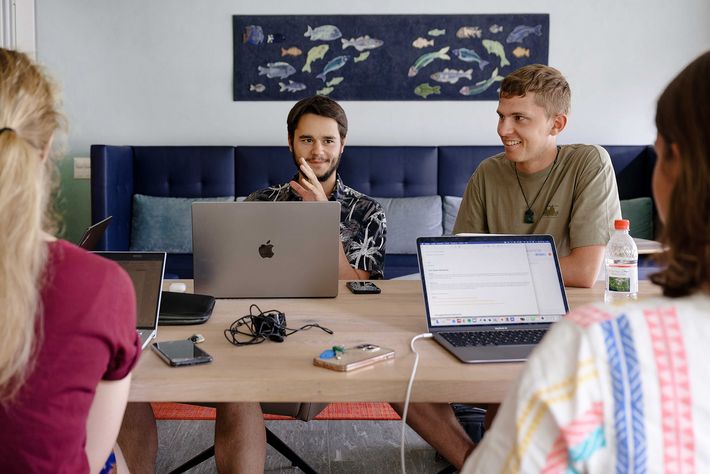
Fresh perspectives
A global carbon tax isn’t the only topic on the agenda at the summer academy. Another group is looking at questions such as how improved communications could encourage more people to take part in climate-friendly projects, while a third group is writing a report on how European countries could coordinate their electricity grid planning. The group tasked with the latter topic believe that Switzerland is in an excellent position to drive this idea forward: located in the heart of Europe, its hydroelectric power plants and reservoirs could offer the flexibility needed to cope with the massive increase in solar and wind power generation in neighbouring countries. However, their conclusion is that for Switzerland to play a constructive role in the energy market—and to prevent its European neighbours from planning ahead without it—the institutional issues of cooperation with the European Union must first be resolved.
Anyone listening to the students quickly notices their expertise, creativity and enthusiasm in getting to the bottom of these questions. This has struck the two leaders too. “I see how motivated the students are,” says Sonia Seneviratne. “They have lots of questions and aren’t afraid to ask.” She also finds it very interesting that many participants come from the humanities, and only a few from physics or climate sciences: “This leads to fresh perspectives and stimulates interdisciplinary thinking.”
Rolf Wüstenhagen also enjoys his work at the academy. For a study week to be successful, he believes two basic requirements must be met: “First, the students should learn how to form a well-founded opinion.” Second, he hopes they won’t give up in the face of seemingly irresolvable problems. “My wish,” he says, “is that they’ll return home with a certain amount of optimism despite the gravity of the situation.” When seeing how much interest, enthusiasm and genuine passion the students bring to their discussions, there’s little doubt his wish will be granted.
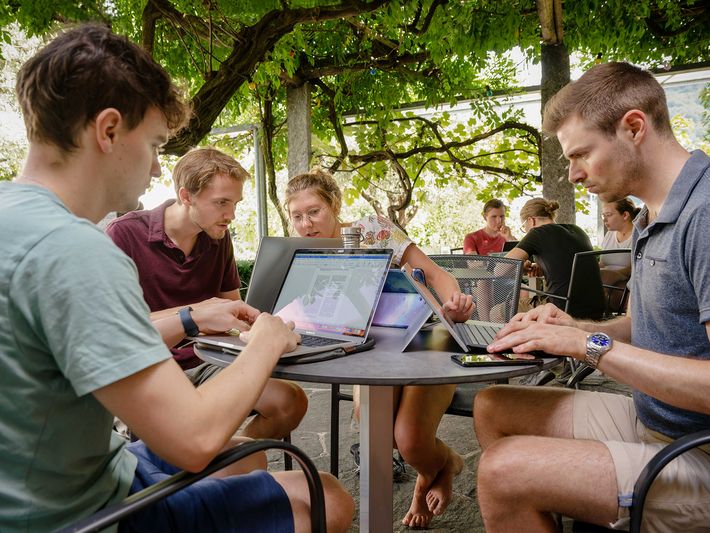

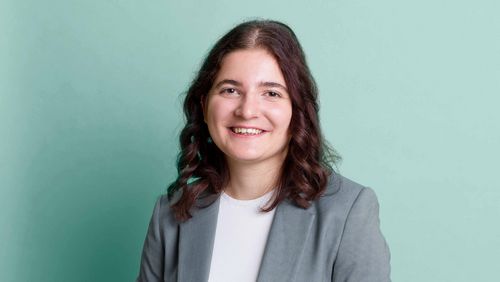
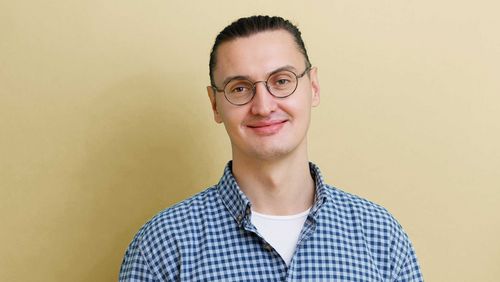
![[Translate to English:] [Translate to English:]](/fileadmin/_processed_/6/d/csm_02-WSS-News-Flora-Chiper_01_7d2e2c4805.jpg)

![[Translate to English:] [Translate to English:]](/fileadmin/_processed_/7/b/csm_WSS_08_News_Rahel_Schmidt_2479bedc21.jpg)




